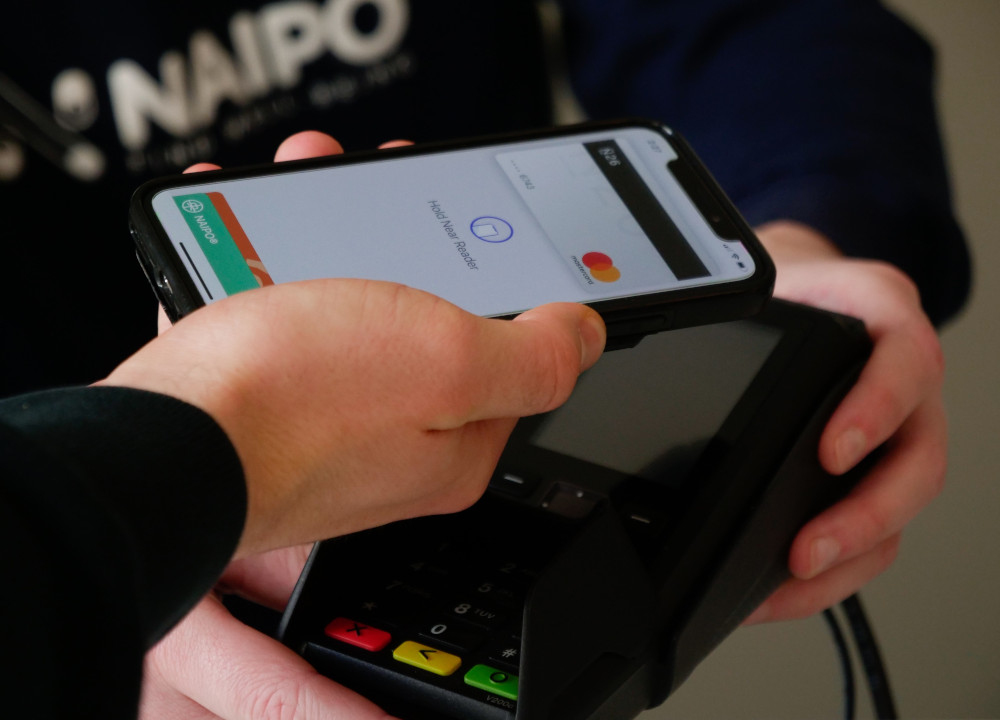Apple now required under EU law to allow rival mobile wallets on iPhones

Apple is now legally required to provide rival mobile wallet providers with access to the contactless payment function on iPhones.
The European Commission has made commitments offered by Apple legally binding under EU antitrust rules.
It comes after it formed the preliminary view that Apple had abused a dominant position by refusing to give competing mobile wallet developers access to the NFC technology on iPhones, while reserving such access to its own Apple Pay system.
Apple offered, in response, to allow third-party wallet providers access to the NFC input on iOS devices free of charge, without having to use Apple Pay or Apple Wallet. It also made further commitments following dialogue with the Commission.
The commitments have now been made legally binding on Apple across the EEA for 10 years.
Margrethe Vestager, the Commission’s executive vice-president in charge of competition policy, said: “It is safe and convenient to pay with your phone. Apple has committed to allow rivals to access the ‘tap and go’ technology of iPhones. Today’s decision makes Apple’s commitments binding.
“It opens up competition in this crucial sector, by preventing Apple from excluding other mobile wallets from the iPhone’s ecosystem.
“From now on, competitors will be able to effectively compete with Apple Pay for mobile payments with the iPhone in shops. So consumers will have a wider range of safe and innovative mobile wallets to choose from.”










